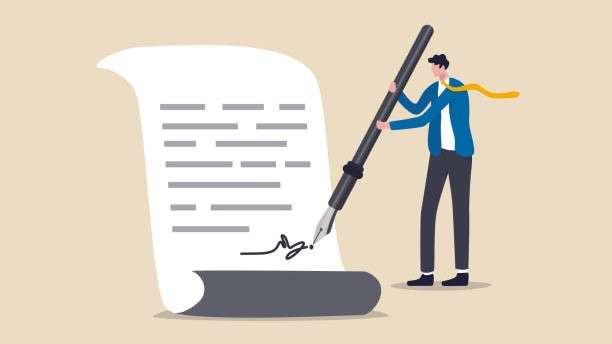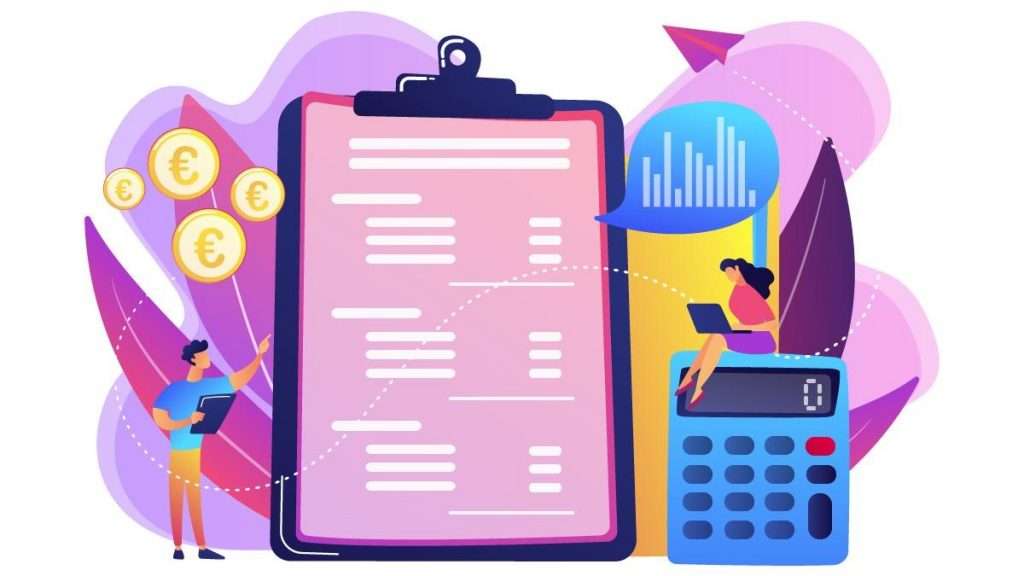Has anyone asked you to become a guarantor? Did you say yes without a second thought? If so, this article is for you. While it can be difficult to reject a friend, colleague, or family, it is more important to protect your financial well-being.
In this article, we will be exploring the responsibilities of a guarantor, as well as the risks faced by guarantors. Next time, before you immediately agree to help someone with their loan, keep the following guidelines in mind.
What is a Guarantor?

A guarantor is a third-party individual who offers security for a loan, usually through strong credit history and property ownership. This role is needed when a loan borrower possesses doubtful creditworthiness or when the loan amount exceeds a predetermined limit. Therefore, being a guarantor can be a valuable way to help loan borrowers.
Some rare occasions have loan borrowers act as their own guarantors. In this case, the loan borrowers have to pledge their assets or properties against the borrowed loan as collateral. Unless the loan borrowers are their own guarantors, third-party guarantors have no claim or ownership to the assets purchased by the loan borrowers.
To become a guarantor, you will need to reside in the country in which the loan agreement occurs. Besides, you will also need an excellent credit history and an adequate income. However, before you take up this role, it is vital to fully understand a guarantor’s responsibilities, as well as the risks of being one.
The Role of a Guarantor

Generally, a guarantor is responsible for covering the remaining loan payments if the loan borrower defaults. However, the responsibility of a guarantor is more than just paying uncompleted loans. In this section, we will be explaining the role of a guarantor in more detail.
1. Certifier
The role of a guarantor does not always involve loan borrowing. In some cases, a guarantor can play the role of a certifier. For instance, landing jobs and securing passport documents for some individuals require guarantors. Hence, guarantors will have to prove that they know the applicants personally. This is usually done by identifying photo IDs. Therefore, in these situations, a loan is not involved.
2. Limited and Unlimited Guarantor
A limited guarantor temporarily guarantees a loan for an agreed period of time. After that, the loan borrower is fully responsible for the remaining loan payments. If the loan borrower defaults, he or she alone will suffer the consequences.
On the other hand, an unlimited guarantor guarantees the total amount of the loan throughout the loan contract. In the events of defaults, the guarantor will be responsible for the incomplete loan payments.
Whether a guarantor is limited or unlimited depends on the terms and conditions of the loan agreement, loan period, as well as the guarantor’s degree of financial involvement.
3. Guarantors and Co-Signers
The terms “guarantor” and “co-signer” are often used interchangeably. However, guarantor and co-signer have different roles. A co-signer co-owns the asset purchased by the loan borrower and will have his or her name appear on titles. When a loan borrower’s income does not meet the requirements of the lender, a co-signer will usually step in.
On the other hand, a guarantor is only involved when the loan borrower has adequate income to afford the loan but is thwarted by poor credit history. Unlike co-signers, guarantors do not share ownership of the purchased asset with loan borrowers.
4. Other Roles
Besides loan borrowing, some other trades require guarantors as well, especially those involving a large sum of money. For example, before renting to first-time property tenants, it is common for landlords to request for lease guarantors. This scenario is especially prevalent among students who have their parents as guarantors. The parents are entirely responsible if the renters fail to pay rents or break the lease agreement.
The Risks of Being a Guarantor

Of course, being a guarantor is not entirely risk-free. Before you step in and agree to become one, it is advisable to consider the risks explained in this section.
1. Restricted Loan Prospects
Before loaning, lenders will assess the financial situation and responsibilities of the loan borrowers. If you try to borrow a loan while being a guarantor, lenders will take into account the loan you guarantee. Unless you have enough assets, you will notice that due to bearing the guarantor’s responsibilities, you have reduced eligibility for new loans.
Besides, being a guarantor also risks having your current loans declined. This situation happens when your lender calculates that you cannot afford both your own loan and the loan you guarantee simultaneously.
What’s more? If the loan borrower defaults and you as a guarantor refuse to pay, the bank will declare you as a ‘defaulter’ as well. Consequently, besides having to recover the remaining payments, you will also have your assets seized by the bank. If such cases happen, it will negatively affect your loan prospects.
2. Poor Credit History
Being a guarantor also risks having a bad credit history. When you apply to become a guarantor, your guarantor identity and the loan you guarantee will appear in your credit report. This credit report is accessible by lenders and banks. That being said, if the loan borrower defaults, it will show in your credit report.
Despite having to make the remaining loan payments, you will also have a poor credit history. Hence, the next time you try to take up a loan, you will find it challenging to do so, as banks usually refuse to lend to borrowers with poor credit histories.
3. Legal Tie
In the case of unfortunate events, your relationship with the loan borrower can change. While none can predict the future, there is a possibility of significant fallouts, where you and the loan borrower no longer wish to keep in touch. This situation applies to acquaintances, colleagues, and even family members during divorces, trust issues, and business failures.
Unfortunately, regardless of your association with the loan borrower, your legal tie to the loan remains constant. You, as the guarantor, can visit the bank and request for resignation. However, the bank reserves the rights to reject your request. That said, no matter your relationship with the loan borrower, you are always legally tied to the loan and will take full responsibilities if the loan borrower defaults.
Before You Guarantee: Factors to Consider
Before you misunderstood, we are not discouraging you from being a guarantor. In fact, we only wish to inform and remind you about the responsibilities and risks of being a guarantor. If you’re interested in becoming a guarantor, we have got you covered, too! That being said, in this section, we will be sharing some factors to consider before agreeing to guarantee a loan.
1. Your Financial Situation

This factor is of the utmost importance when it comes to guaranteeing a loan. You will have to carefully and honestly examine your finances to make sure that you can afford the loan if the loan borrower defaults.
Remember that your financial well-being directly affects your family and your loved ones. Therefore, it can be a good idea to discuss the decision with your family members. With their help, you can consider the potential risks that threaten the family’s finance and well-being.
It may also be helpful to estimate a budget for your future expenses. Some aspects to consider are your children’s education fees and your parent’s medical expenditures. With these figures in mind, you can better determine if the loan is affordable for you.
2. Loan Borrower’s Financial Situation

Upon asking you to be a guarantor, the loan borrower should provide you with proofs of their financial situation. These documents include a credit report, bank statements, and monthly expenditures such as utility bills and rent. With these documents, you can calculate whether the loan borrower can afford the monthly loan payment.
On the other hand, if one refuses to provide these documents, it is best to reject his or her request, as the loan borrower may be unable to commit to the monthly loan payments.
3. Reasons for Needing a Guarantor

It is also vital to consider why the loan borrower needs a guarantor. If one has a poor credit history, you should consider not to guarantee his or her loan. However, there are also cases in which individuals with inadequate credit history are rejected from loaning. Hence, if short credit history is the mere reason why one needs a guarantor, you can consider lending a helping hand.
Conclusion
In a nutshell, this article sums up all you need to know about being a guarantor. Now that you understand the responsibilities, risks, and guidelines of being a guarantor, we are confident that you can make informed and wise decisions when someone asks for your favour.
We hope you find this article useful. If you enjoy reading this article, discover more financing and banking articles via LokaPost and more!






